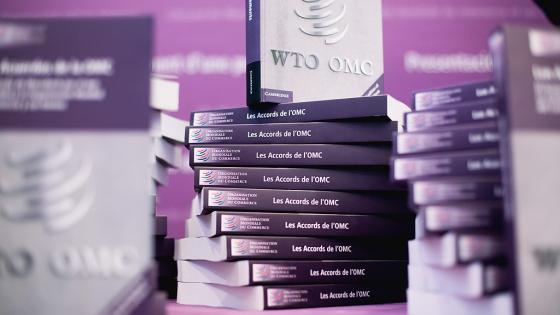DP4195 Golden Rice and the Looming GMO Trade Debate: Implications for the Poor
The first generation of genetically modified crop varieties, currently most widespread in the maize and soybean sectors, sought to increase farmer profitability by improving agronomic traits. The next generation of biotech research is focusing also on breeding for attributes desired by consumers. Although not yet commercially available, a new variety of rice, known as ?Golden Rice?, has been genetically engineered to contain a higher level of vitamin A. Thus in contrast with the current commercial applications of biotech crops, this new rice variety aims directly at benefiting consumers rather than producers. More specifically, it aims at improving the health of poor people in developing countries who rely on rice as their main staple food (or would do if it was cheaper) and whose diet is nutrient-deficient. This Paper analyses empirically the potential economic effects of such an innovation in an environment of heated debates about the risks and benefits of these biotech developments. The emergence of genetically modified foods is generating policy reactions that are delaying the development and adoption of what promises to be a high-payoff technology, particularly for the world?s poor. These policy reactions may lead to trade disputes, in which case the way this GMO issue is addressed in the WTO?s dispute settlement body could have profound implications for poor households in developing countries.

